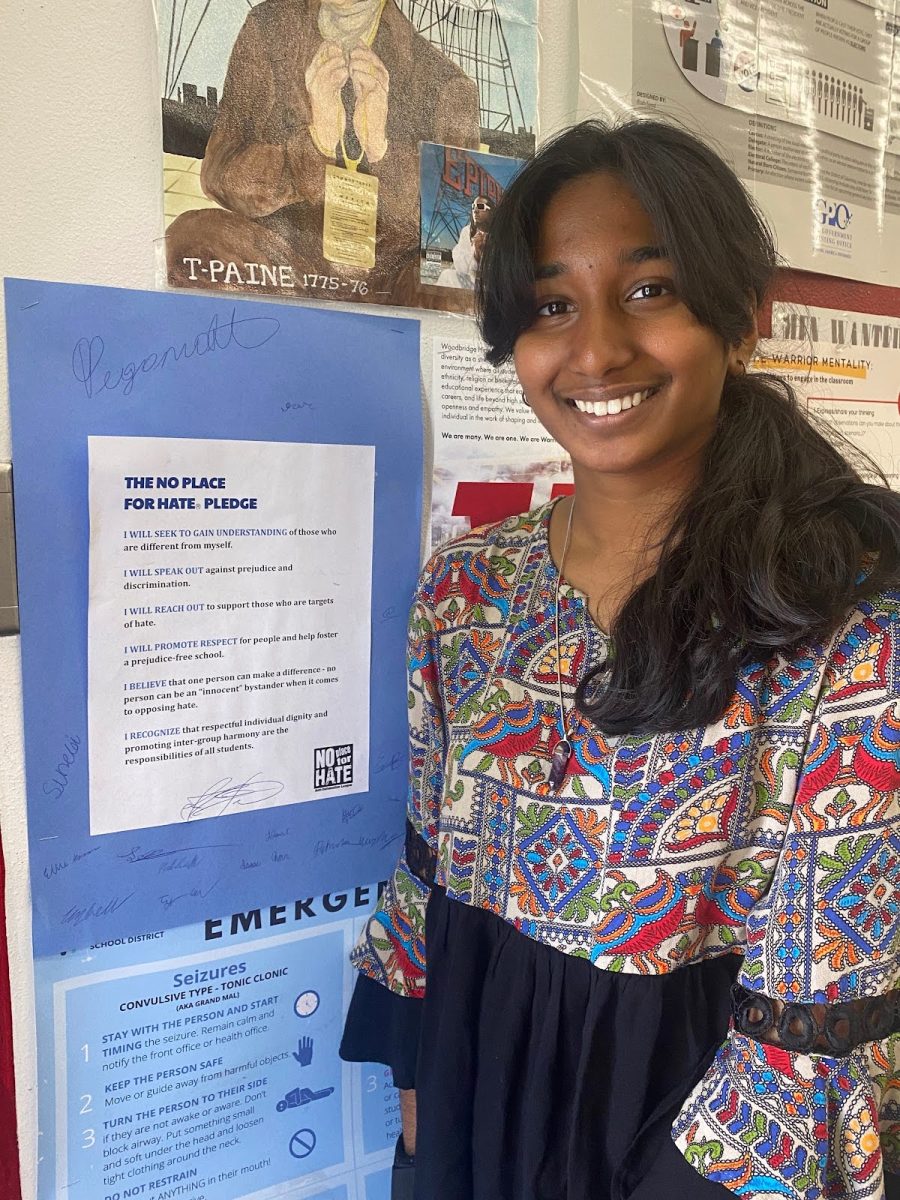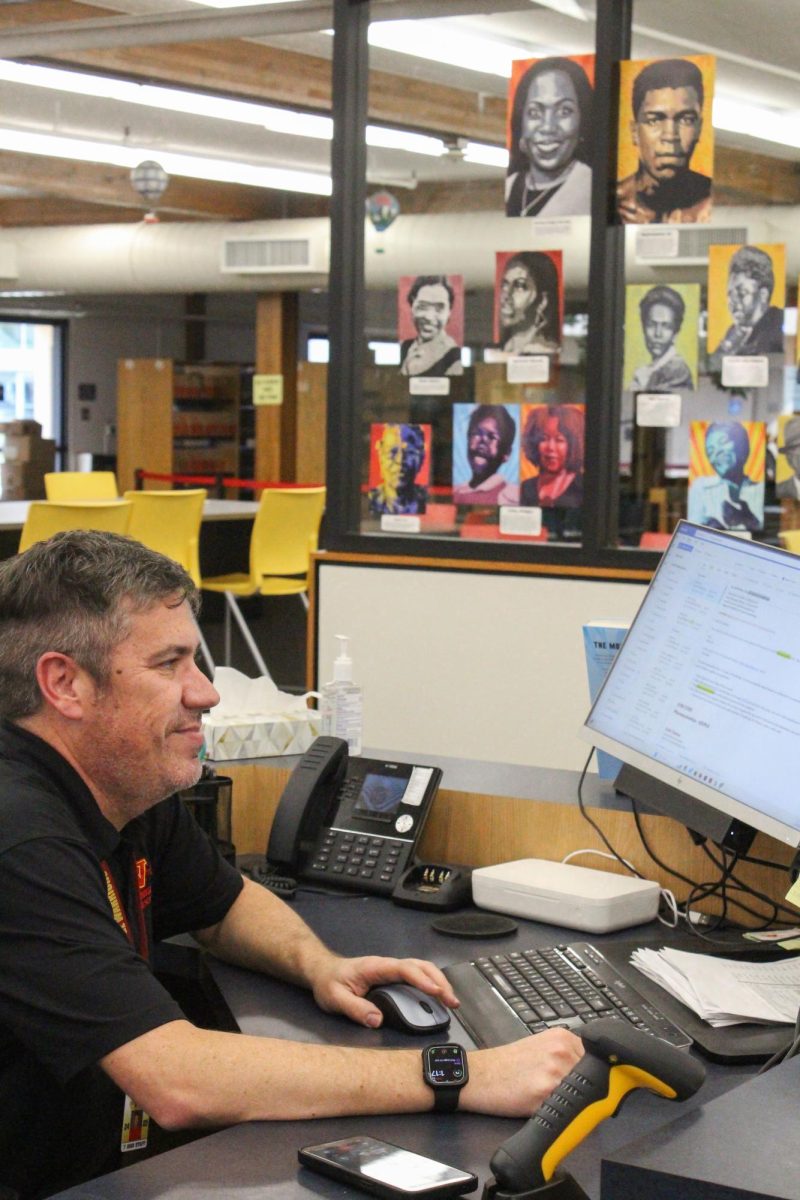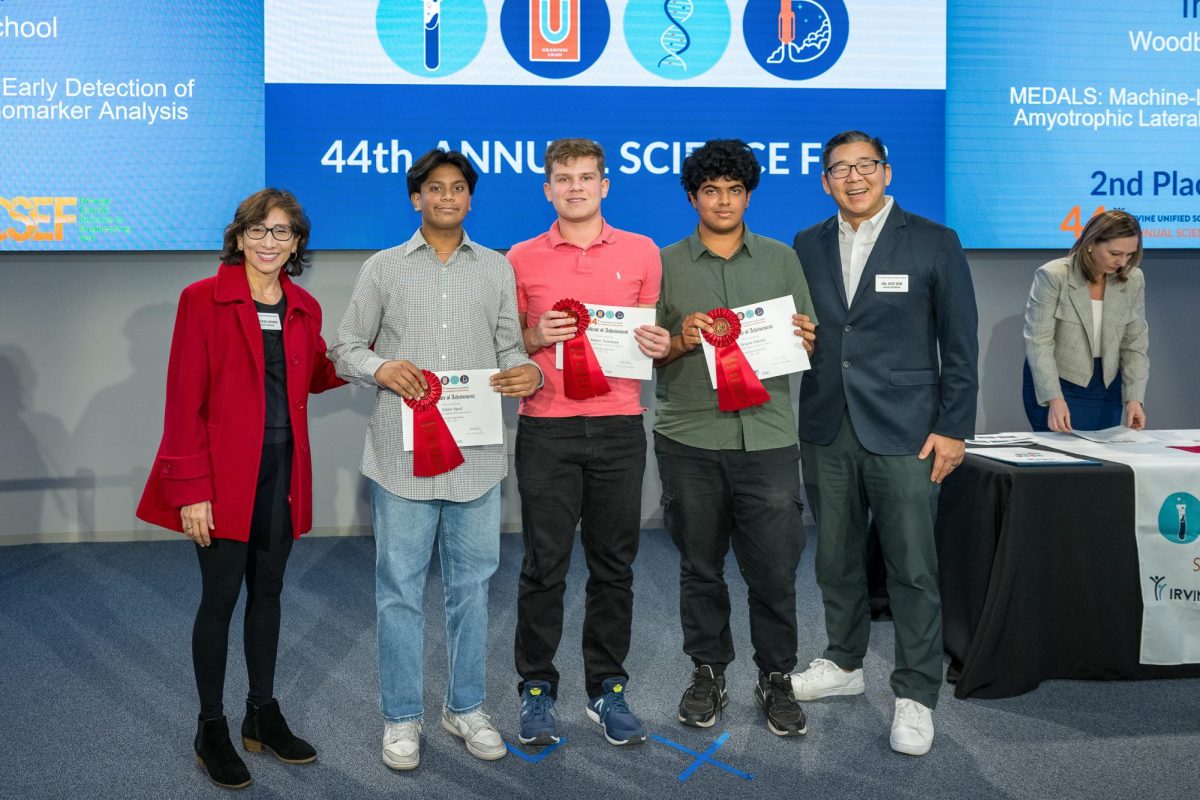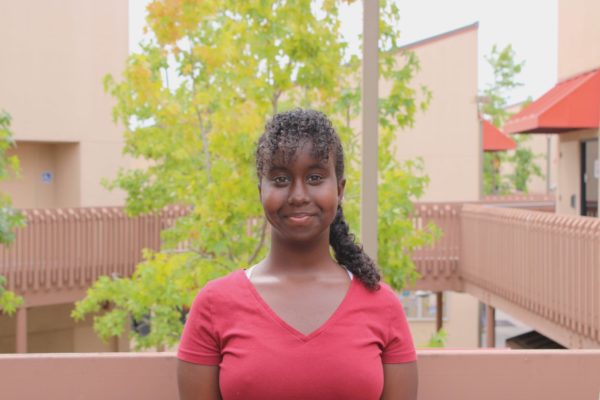Self-discovery originates through providing an outlet for one to understand the intricate parts of their identity. Cultural expression is integral to allowing the Woodbridge High community to maintain an inclusive environment. One way that students take the initiative to contribute to the diversity that flourishes at our school is by creating clubs to educate their peers on culture.
With over 25 cultural clubs at Woodbridge High, students and staff can create safe spaces for students to participate in authentic discussions and activities on culture. This allows every student to start or join a club that expresses their identity.
One club that continues to do a notable job of expanding cultural awareness through the integration of exciting and educational exercises is the Filipino Club. Some of these exercises include reciting Filipino phrases at the beginning of the meetings and sharing foods like lumpia to allow students to explore the distinct aspects of Filipino culture.
Board members senior Cassidy Casco and senior Dustine Yuson discuss their outlook on how the Filipino Club utilizes its space to inform our community about the imperativeness of cultural sensitivity.
“Every club meeting, we make a point to have Tagalog phrases to practice and to have them repeat it back. I think it is a great way to get them out of their comfort zone, especially if they don’t originally speak Tagalog,” Casco said.
Yuson adds on by sharing a relatable sentiment that the club includes to allow members to embrace new parts of Filipino culture.
“One of our more inviting activities is that we always have food. Sometimes people just come for the food, but we are glad that they are there and enjoying [it],” Yuson said.
Later on, Casco mentioned a message that the board of the Filipino club resonates with and exemplifies.
“We also want to make sure that they know that this is a culturally inclusive space so it is not only in the barriers of being Filipino. You could be anyone who is naturally curious about the culture,” Casco said.
They share that their goals for the future of diversity at Woodbridge High are to foster knowledge, encourage students to delve into their own identity and retain an open mind when participating in conversations surrounding culture.
The topic of culture may be personal and complex, with many students having influence from their family’s background and assimilating it into American culture to construct a perspective based on the intertwining of these cultures. It can be represented by multiple facets of one’s identity, such as race, ethnicity, religion, language and gender.
The representation of identity through student-led environments benefits one’s education and experience. In the 21st century, increasing studies have been done on the significance of diversity in the classroom.
According to the University of Nebraska, “In the schools and classrooms in which a student’s culture is viewed as a rich and valuable resource, there is an exciting dimension added to the educational experience. Difference is perceived with respect. Cultural distinctions should not interfere with character development, but rather, enhance students’ values.”
Acknowledging that each student’s identity affects their perceptions, knowledge and experience is crucial; integrating that awareness allows our community to reap the positive implications. Better test scores, strength of communication, problem-solving skills and self-advocacy are all tied to the extent of the holistic approach within education.
Fortunately, students can advocate for this knowledge to be integrated into the school curriculum by forming clubs, celebrating diversity and acknowledging everyone with respect and care. When one takes action to educate themselves and others on elaborate subjects such as culture, they build a pathway to solidify a diverse space.
The Filipino Club anticipates that with the continuation of group efforts, we will be able to better learn about our identity and our peers.









